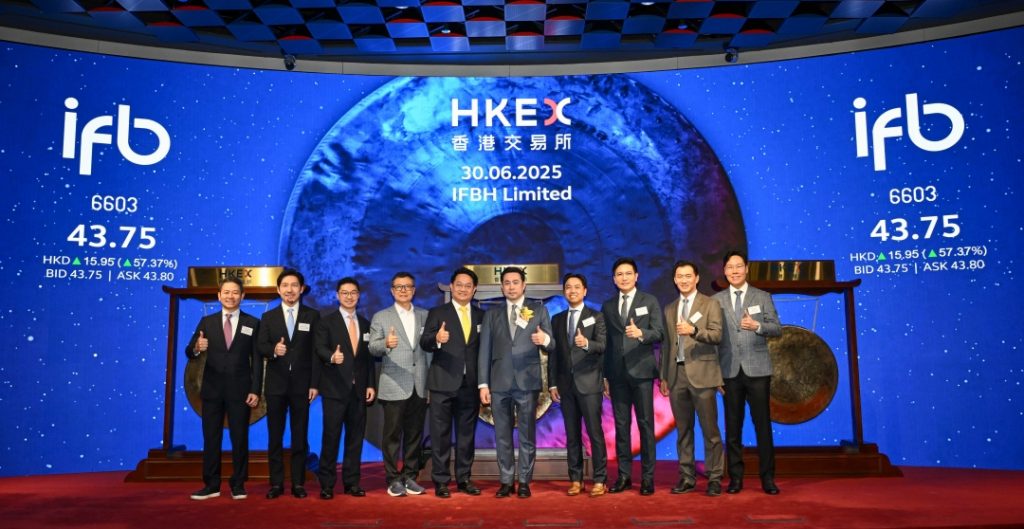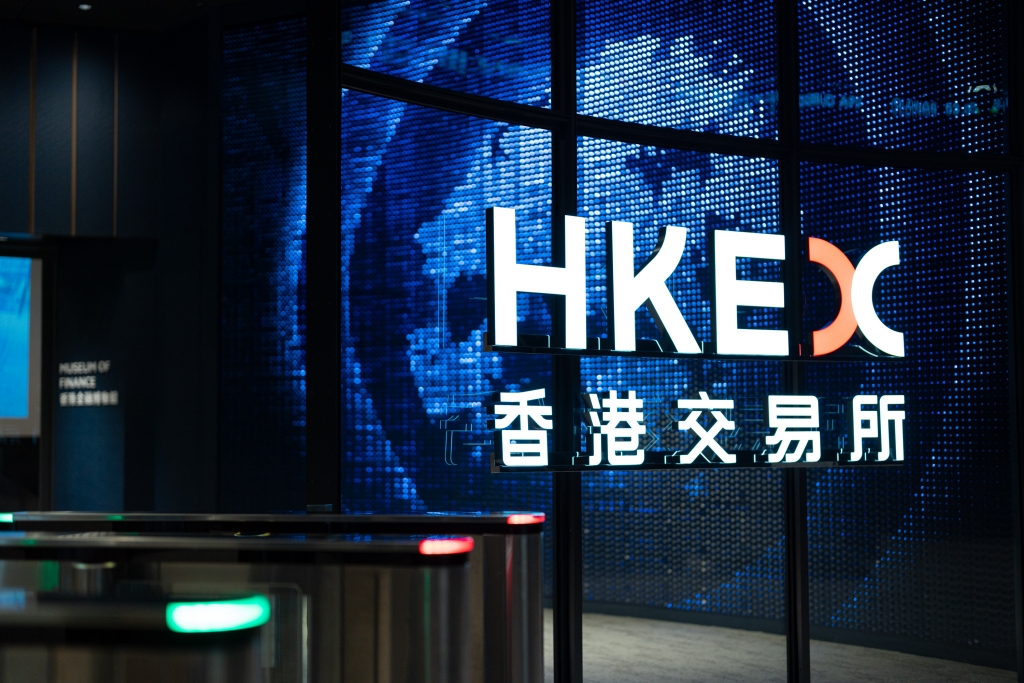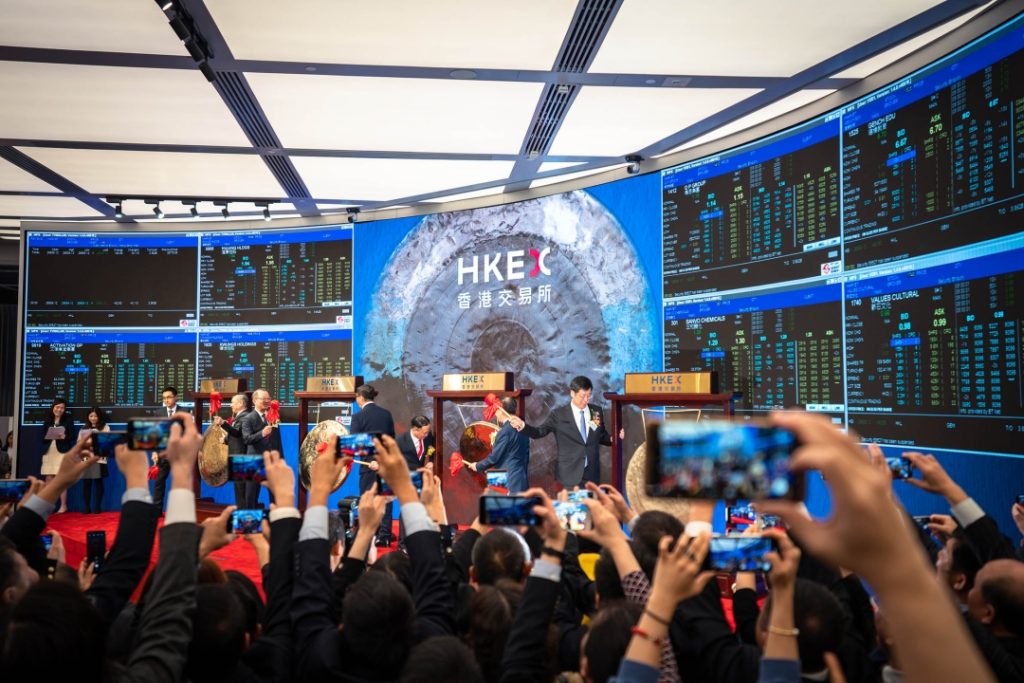
Hong Kong has become increasingly attractive as a fundraising venue to Southeast Asian companies seeking overseas listings, as the city tops global IPO rankings in the first half of the year, with over US$13.5 billion raised through IPOs. The momentum in fundraising activities has become stronger after various listing framework enhancements made by Hong Kong Exchanges and Clearing Limited (HKEX), the exchange operator in the Asian financial hub.
On 30 June, a Thailand-based beverage producer, IFBH Limited, completed its primary listing on HKEX’s Main Board, raising over US$140 million. The company is joining 100+ Southeast Asian companies to tap the deep liquidity pool in Hong Kong’s capital market. From 2014 to 2023, 83 out of 163 Southeast Asian companies chose HKEX as their listing destination, according to a joint research report by Dealstreet Asia and HKEX.

With average daily turnover (ADT) of over US$30 billion year-to-date, Hong Kong’s securities market is one of the most active trading and fundraising centres in Asia. And about one-fifth of the trading volume comes from Mainland China’s onshore investors through a linkage with Shanghai and Shenzhen stock exchanges called ‘Stock Connect.’
‘Stock Connect’ is a mutual market access programme through which investors in Mainland China and Hong Kong can invest in stocks and ETFs in each other’s markets, using their home market infrastructure. This makes Hong Kong the only international market where both global investors and Mainland China’s onshore investors can directly trade. International companies that have a primary listing in Hong Kong may be eligible for ‘Stock Connect’ trading after certain criteria are met.
As an alternative to a primary listing, HKEX also offers a secondary listing framework for companies listed on other exchanges to get an additional listing status and funding channel. Over the last few years, HKEX has added the Stock Exchange of Thailand and Indonesia Stock Exchange, among other exchanges to its list of ‘Recognised Stock Exchanges’ (RSEs), allowing companies listed on these RSEs to apply for a secondary listing in Hong Kong.
As opposed to primary listings, a secondary listing is subject to fewer regulatory requirements and typically incurs lower compliance costs, while still offering access to the diverse and deep investor base in Hong Kong. There have been successful cases of companies converting from a secondary listing status to a primary listing status and eventually qualifying for ‘Stock Connect’ trading. HKEX data shows that Hong Kong-listed companies entering Southbound Stock Connect have experienced a significant uplift in ADT following inclusion.

The deep investment pool in Hong Kong not only helps issuers raise funds via IPO, but also offers a liquid secondary market for further follow-on fundraising. In the first half of 2025, listed companies in Hong Kong have raised over US$30 billion in follow-on deals. Deals made in Hong Kong accounted for over one-third of all Equity Capital Market activities in APAC, underscoring the city’s status as the leading international financial centre in the region.
Following listing reforms in 2018, Hong Kong has also emerged as the top fundraising venue for new economy companies, with over 350 listings by companies in healthcare and TMT sectors raising more than US$135 billion. Building on this success, HKEX introduced a new listing chapter in 2023 to accommodate the listing of companies from Specialist Technology sectors such as AI, new energy and advanced materials. The fast-expanding ecosystem with new economy companies in Hong Kong’s stock market continues to attract investors from around the world seeking new investment and growth opportunities.
More information about listing in Hong Kong can be found on the HKEX website.





